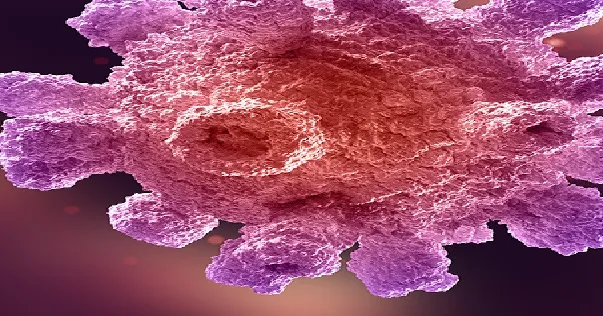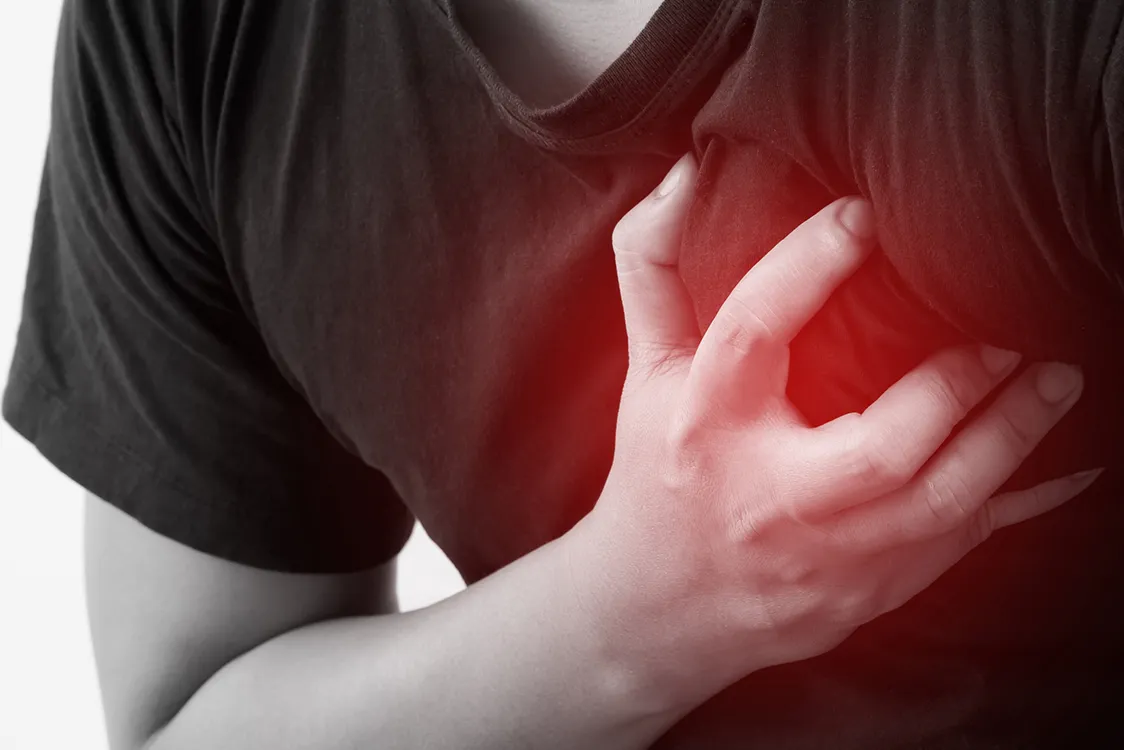World liver day is observed on April 19th every year to spread awareness about liver health and liver-related diseases to the general public.
Table of content.
-
Important functions of the liver.
-
Liver disorder/ disease.
-
Measures for a healthy liver.
The liver is the most important organ of our body. It performs multiple functions that help our body to function normally. Malfunctioning of the liver may cause serious health issues like Hepatitis, Liver cirrhosis, Cancer, etc. Therefore, it is important to take good care of your liver.
Liver health is increasingly becoming a worldwide health concern. Liver disease accounts for 2 million deaths per year worldwide; 1 million of these are because of complications of Cirrhosis, and 1 million deaths are due to viral hepatitis and hepatocellular carcinoma.
As per recent studies, Cirrhosis is currently the 11th most common cause of death worldwide, and liver cancer has been reported to be the 16th leading cause of death; collectively, they account for 3.5% of all deaths worldwide.
About 2 billion people consume alcohol globally, and 75 million people are diagnosed with alcohol-related disorders, and they are at a high risk of contracting liver disease associated with alcohol consumption.
As per recent studies, around 2 billion adults are obese, and over 400 million have diabetes. Both conditions are dangerous for our liver.
Important functions of the liver
Being the second largest organ in the body and most vital organ, the liver performs several biological functions that include:
-
Metabolism – The liver is also called as metabolic or chemical factory of our body, as it is involved in the metabolism of many nutrients. It helps in the storage of vitamins, minerals, glucose, etc.
-
Digestion – The liver regulates bile formation to aid the process of digestion.
-
Immunity – It helps the body to resist infection by removing the bacteria from the body.
-
Filtration of toxins – It helps in flushing out poisonous substances from our body.
-
Blood Sugar Regulation – The liver helps to regulate blood sugar by storing and releasing sugar as needed.
-
The liver also helps blood clotting in our body.
Liver diseases
The liver is one of the most important organs of our body. Therefore, it is essential to understand what are the major diseases related to the liver.
Hepatitis A: A viral infection that causes inflammation of the liver. It usually spreads through contaminated food or water.
Hepatitis B: A viral infection that can cause chronic liver diseases. Hepatitis B can spread when blood, semen, or other body fluids from an infected person enters the body of a person who is not infected. This can happen through sharing needles, syringes, sexual contact, or other drug-injection equipment. Hepatitis B passes easily from the infected mother to her baby at birth. This can happen during both a vaginal delivery and a c-section. If you have hepatitis B, doctors can give your baby a set of vaccines at birth to prevent your baby from getting infected.
Hepatitis C: The hepatitis C virus usually spreads when someone comes into contact with an infected person’s blood. This can happen through used syringes, sharing needles or any other equipment used to inject drugs, Sex with an infected person, unregulated tattoos or body piercings, and non-sterile instruments. Hepatitis C does not spread by sharing utensils, breastfeeding, hugging, kissing, holding hands, coughing, or sneezing. It does not spread through food or water.
Cirrhosis: A condition when the liver has fibrosis due to long-term liver damage.
Fatty liver: A condition when fat builds up in the liver. People may develop fatty liver if they have certain conditions, such as obesity, diabetes, or high cholesterol, specifically the high triglyceride level. Fatty liver can affect anyone who is overweight, drinking too much alcohol, and taking excess calories in their diet.
Liver Cancer: This is a type of cancer that starts in the liver and gradually spreads over other vital organs of the body. The risk of liver cancer increases if you smoke and drink a lot of alcohol.
Autoimmune Hepatitis: It is a condition in which the immune system of our body attacks the liver, causing inflammation and damage.
Measures for a healthy liver.
The human liver is the body’s primary organ for detoxification. Following are a few measures that aid in maintaining a healthy liver.
-
Balanced Diet: Eating a balanced diet is the foremost thing to ensure good care of your liver. Your diet must include fibre-rich foods, vegetables and fruits, cereals, wheat, and unpolished rice.
-
Water Intake: Ensure you drink an ample amount of water throughout the day, as it helps the liver to function smoothly.
-
Check on Weight: It is very important to maintain a healthy weight, as obesity may lead to fatty liver, thereby slowing down its function and affecting metabolism and immunity. Monitor your weight regularly and take corrective measures as required.
-
Avoid Excessive Alcohol Consumption: Drinking has adverse effects on the liver cells. It is therefore advised to avoid excessive consumption of alcohol.
-
No Smoking: Smoking enhances the toxins in the body and adds to the toxic environment within the body. Therefore, you must not smoke.
-
Avoid Self-medication: You should avoid taking painkillers and sedatives without a doctor’s prescription, as these drugs may have a harmful effect.
-
Get vaccinated: Hepatitis Vaccines reduce the risk of contracting the disease. If you have not yet taken these vaccines, you must consult your doctor and take the vaccination and ensure the same is given to your children too.
The benefits of a healthy liver include more efficient breaking down of food, improved bile production, better immunity, increased metabolism, and healthier skin.
A healthy liver is essential for maintaining good health and well-being. It is, therefore, important to practice healthy eating, exercising regularly, and avoiding the consumption of toxic substances so that your liver is healthy. If you have any concerns about your liver health, it is best to consult a doctor. Be vigilant and do a regular liver check-up.




